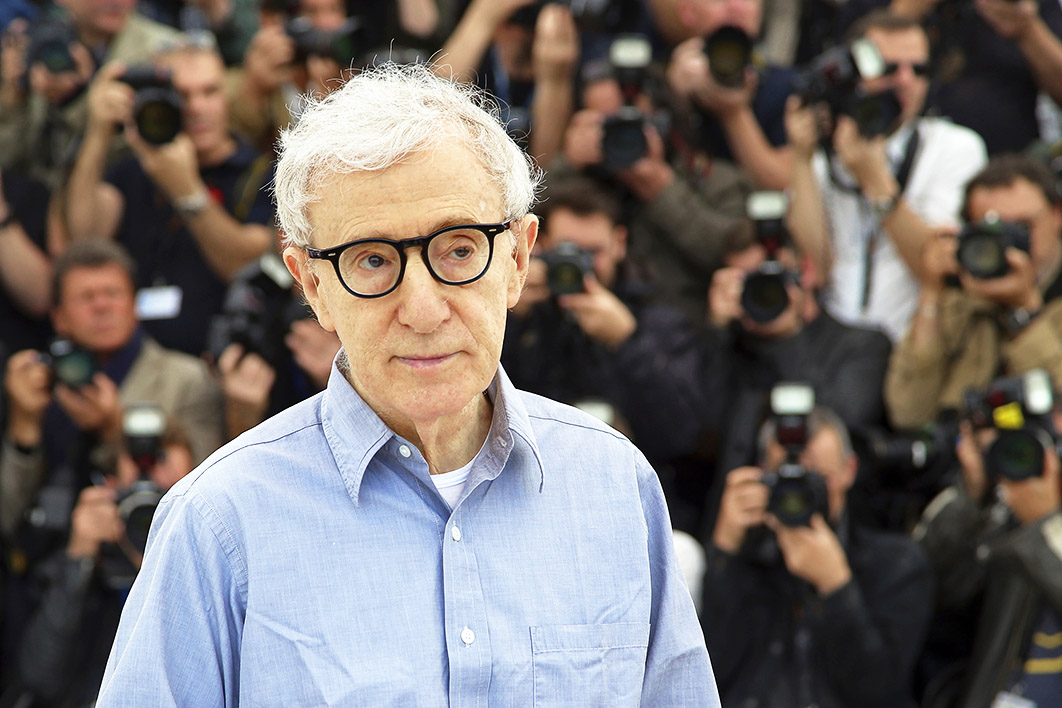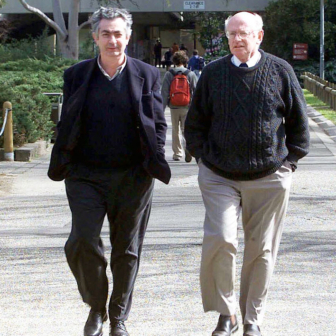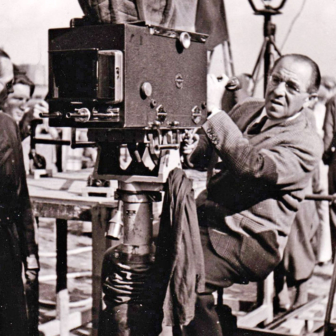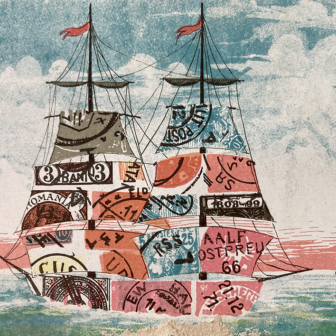What We Don’t Talk About When We Talk About #MeToo: Essays on Sex, Authority and the Mess of Life
By JoAnn Wypijewski | Verso | $34.95 | 320 pages
First up, let’s talk about what we do talk about when we talk about #MeToo: the fall of (some) predatory famous men, the chance for women all over the world to speak out about sexual harassment and sexual violence, a viral hashtag, justice served or on its way, a reckoning, a whole new wave of feminism, a cultural shift so momentous we can divide time into before and after. Or, some might say, a fad, a movement co-opted by privileged white women, the worst of feminism, anti-sex, a destroyer of careers and lives, a distraction that’s already over.
Still, #MeToo goes on, not least as a publishing phenomenon. Into this crowded and eclectic field comes a genuinely thought-provoking collection of essays by New York–based writer, editor and journalist JoAnn Wypijewski. Some of these pieces were published or written before the emergence of #MeToo, but are offered as freshly meaningful in its wake. Two come from the 1990s — one on Nushawn Williams, a young, Black man who caused a nationwide scandal when it was revealed he’d infected thirteen young women, some of them white, with HIV; another on the killing of Matthew Shepard, a twenty-year-old student, by two other young men in Laramie, Wyoming, in 1998, since memorialised as a tragic gay-hate crime.
In the 2000s, Wypijewski covered the case of gay Catholic priest Paul Shanley, convicted and imprisoned in 2004 for raping a child back in 1980, based on the “recovered memories” of one accuser — a story with so many layers that Wypijewski dedicates two essays to it. In another piece, she focuses on the court martial of Lynndie England, the young US army reserve soldier at the centre of the Abu Ghraib scandal. There are other essays too, not all of them as substantial (Wypijewski musters an astute appreciation of Madonna’s Sex book) but each of them animated by a “principled humanity” in which every person — whether labelled victim or suspect — is represented as “one of us, whether ultimately found guilty or not.”
Across a career that spans more than four decades — including as editor of the Nation magazine from 1982 to 2000 — Wypijewski has clearly been around. From this vantage point, she calls out #MeToo, or the American version of it, as a “sex panic.” It’s a term that also applies to the cases above, and in the rousing title essay Wypijewski dissects them as such. She defines a sex, or moral, panic as a “social eruption fanned by the media and characterised by alarm over innocence imperiled,” stereotypically that of white women and children.
Taking her cues from Sex Panic and the Punitive State (2011), in which anthropologist Roger Lancaster links these “mass convulsions” with the “expansion of state violence,” Wypijewski takes seriously their effects while rallying against them. When a panic takes hold, unwanted caresses are conflated with serious crimes like rape, and “all the stories are true, and the accused are guilty by default.” Conservatives, liberals and feminists have all stirred sex panics, deploying their “inflammatory language” and seeking retribution via the law-and-order mechanisms of what Wypijewski calls the “biggest prison state” in the world.
In these terms, #MeToo is nothing new, but rather the latest iteration of a recurring phenomenon bound up with carceral politics from which no one is exempt, including children. And some people, of course, such as Black boys and men, are much more likely to experience the full force of the police state, to take the wrongful imprisonment of the Central Park Five in 1989 as a stark case in point. Wypijewski is not the first to make these arguments — including in relation to #MeToo — but she makes them with bracing clarity and urgency.
Crucially, Wypijewski moves beyond the sex panic frame in each essay to the “causes and complications” beneath “the stories we think we all know.” Where she truly hits her stride is when she delivers the detail and analysis that the impoverished discourse of moral panic leaves no space for. Against the tabloid account, the hot take or even the fact-checked exposé, she offers both the long view and the close inspection. She is no fan of avenging #MeToo reporters like Ronan Farrow (also featured as a bit player in a sharp and compassionate essay on his father, the disgraced filmmaker Woody Allen) and not above jabs at what she sees as the sensationalist coverage of highly regarded publications including the Boston Globe, which broke the story of “paedophile priests” in the Catholic Church back in 2002, and Vanity Fair. She models a different way of telling a story, to get to what she calls the “mess of life.”
Occasionally, the essays lose shape — there’s a penchant for digression, including childhood recollections. A handy afterword ties up the narrative threads, but several essays would have benefited from their own explanatory notes. And if it’s not obvious by now, these are also very American stories, with limits to their wider applications. In late January alone, #MeToo was trending again in Greece, the Balkans and India.
Readers looking for an in-depth account of #MeToo may be disappointed by What We Don’t Talk About When We Talk About #MeToo. Within the terms Wypijewski sets herself, though, this is a remarkably coherent collection, provocative in the best sense. In an era in which #MeToo’s most high-profile convict, Harvey Weinstein, can’t seem to be punished enough — news of his Covid-19 infection was widely and gleefully shared on social media — Wypijewski questions a wider culture that makes monsters out of men. •




